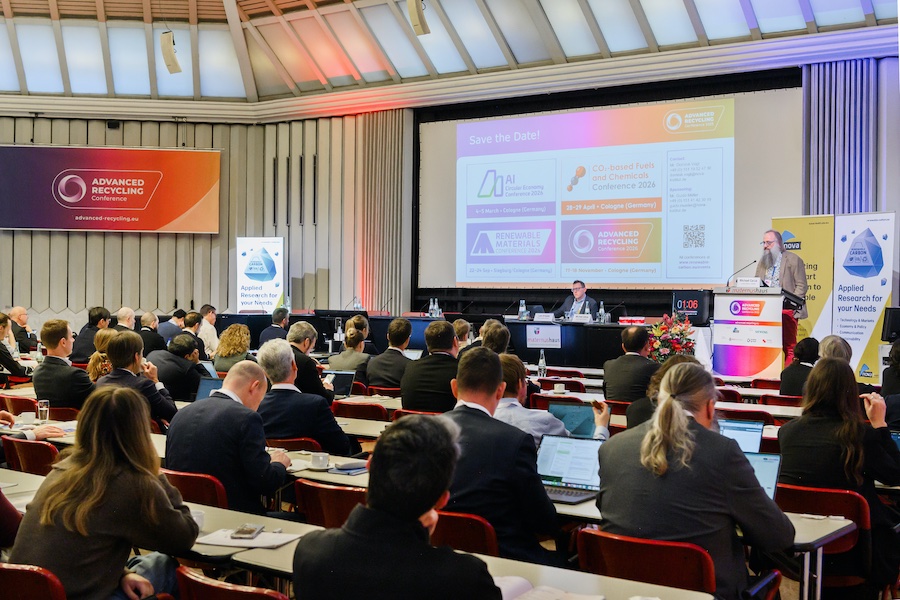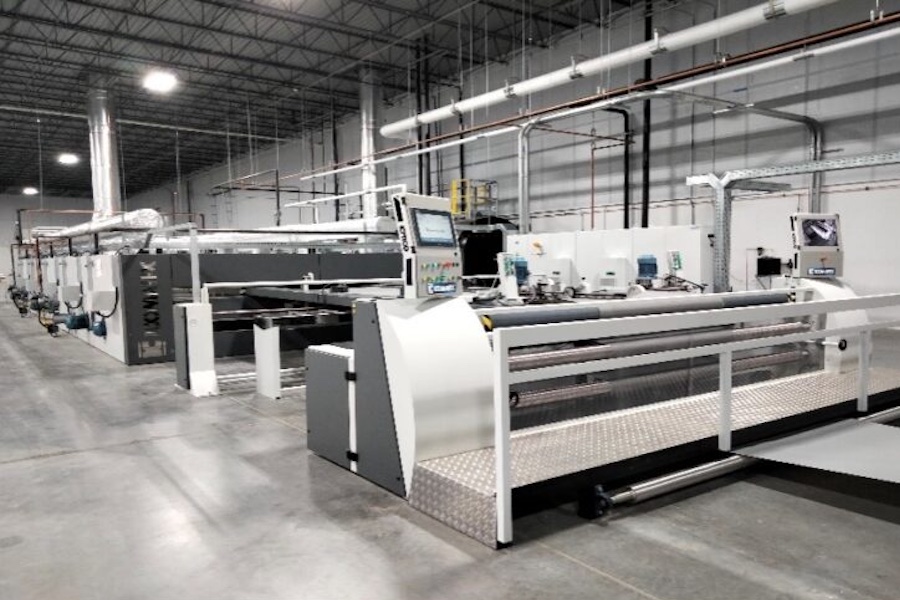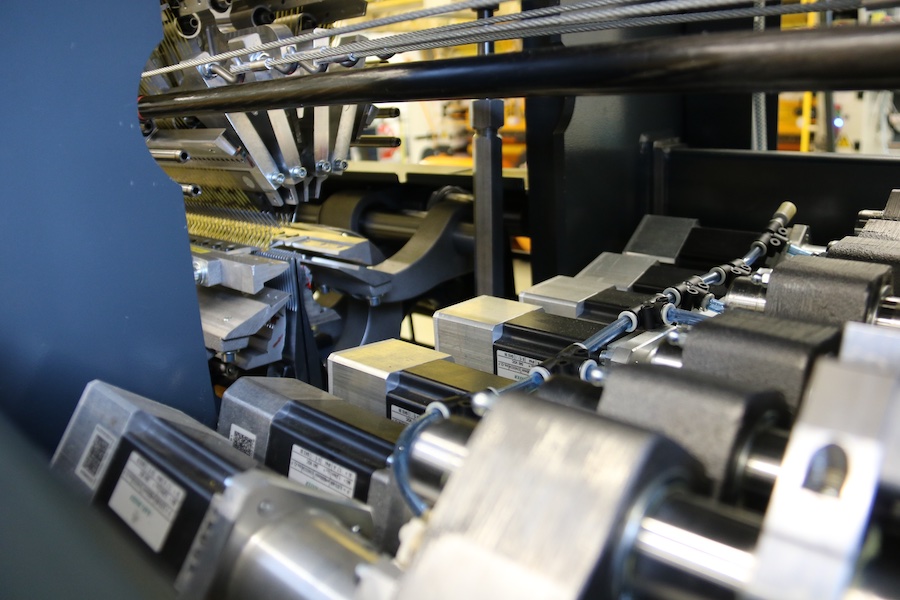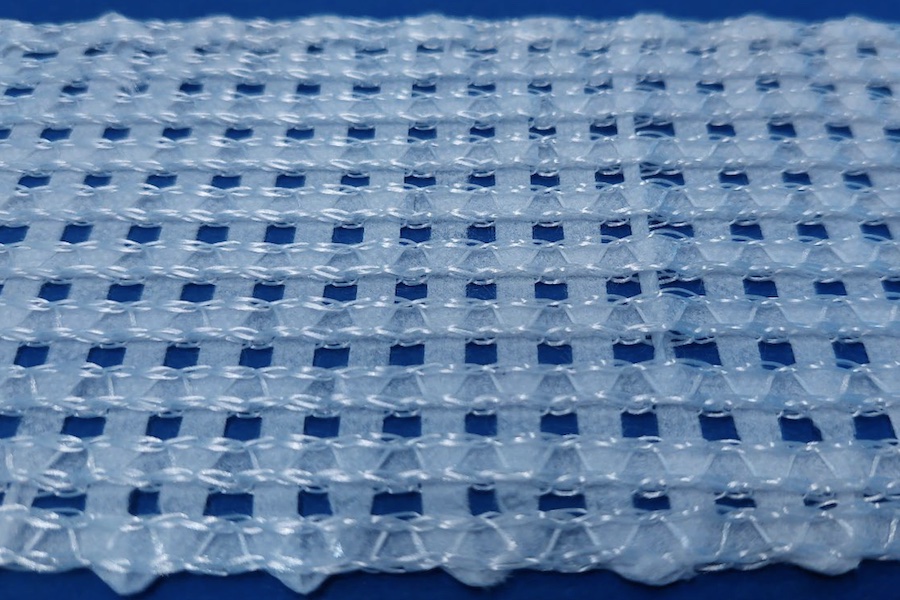#Recycling / Circular Economy
From design to recycling: Navigating ESPR product requirements for a circular economy – policy roundtable
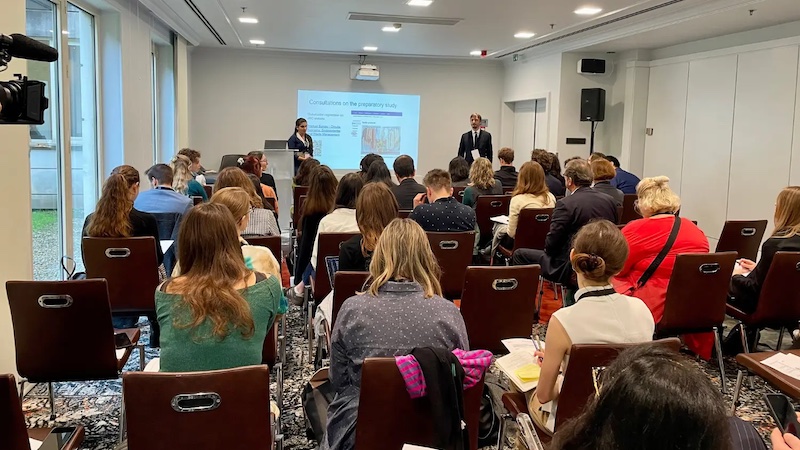
The event kicked off with opening remarks from Drishti Masand from adidas, and Blanca Saez Lacave, Project Adviser for Horizon Europe at REA, followed by an introduction to the project from Melisa Saygivar from adidas.
Antonio De Sousa Maia, Legal and Policy Officer at the EU Commission, set the policy context with an in-depth overview of ESPR and the Delegated Act for Textiles.
Our consortium partners Anja Kossel-Scharf (adidas) and Doris Hondtong (Arapaha) introduced the T-REX Project Design Guidelines for textile-to-textile recycling which are currently under development within the project.
Three panel discussions then set the scene for in-depth workshops addressing key issues relating to the successful implementation of ESPR.
The first panel discussion centred around defining recyclability with insights shared from Carsten Wentink (EU Commission), Gudrun Messias (adidas), and Marieke Koemans Kokkelink (Erdotex), moderated by Coline Morise (Fashion for Good).
The following panel addressed the challenges associated with setting recycled content targets as Rannveig van Iterson (Ohana Public Affairs, on behalf of Textile Exchange), Daniela Antunes (Fulgar) and Tobias Schwab (BASF), exchanged their views and insights on the topic moderated by Drishti Masandi.
The final panel brought together Katarzyna Sulisz (FESI), Tom Duhoux (VITO), and Hasna Kourda (Save Your Wardrobe) to discuss insights around the issue of product repairability and durability, moderated by Kirsi Niinimäki (Aalto University).
The roundtable participants exchanged insights and brainstormed solutions in interactive workshops on defining recyclability and setting recycled content targets. These discussions touched on topics such as the criteria that make a textile “recyclable”, the challenges of material composition, and various recycling technologies and their different approaches to recycling.
Workshop participants also addressed the challenge of setting ambitious targets for recycled content while considering the limited supply, feedstock traceability, and the pros and cons of setting recycled content targets at the material portfolio level vs product-specific targets.
The roundtable concluded with closing remarks from Lutz Walter, Secretary General at Textile ETP, highlighting the importance of continued collaboration in the space.
Stay tuned for an upcoming white paper Aalto University will shortly release revealing the key insights and takeaways from the workshops.




